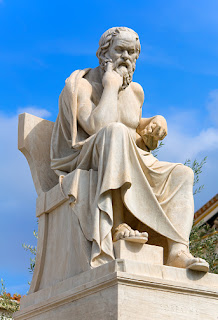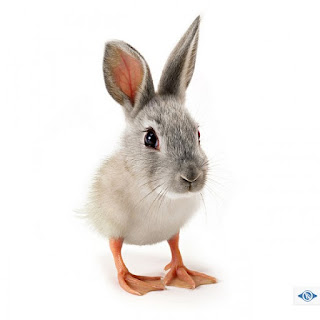Life is full of decisions. Sometimes the simplest decisions are the most difficult. Why? Because they often require us to choose between a hard and easy option. Do we have that difficult conversation in person or put it in an email? Do we apologise for that drunken rant or hope it is forgotten? Do we own up to our mistake or hope the problem just goes away?
But, how often has the easy option caused more trouble further down the line? Perhaps it is best to take the difficult road earlier to avoid worsening the situation. And facing up to the challenge may strengthen your character.
When faced with a difficult choice, we should ask ourselves two questions:
1. is it admirable or shameful to avoid the difficult option?
2. is it admirable or shameful to accept the challenge and take the harder path?
Answering these questions can guide us in the right direction. But it’s not easy. The path of least resistance beckons and is tempting. We must, at all times, ask ourselves, what sort of person do you want to be?



